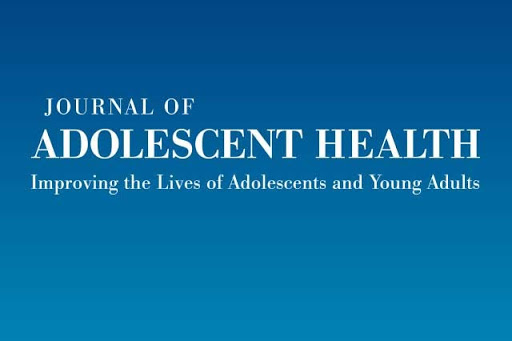
This article investigates associations of social technology access and content, bedtime behaviors, parental phone restrictions, and timing and duration of sleep on school nights in early adolescents.
Dr. Charmaraman, Richer, Dr. Ben-Joseph, and Dr. Klerman surveyed 772 6-8th grade students from four schools in the Northeast U.S. between February and June 2019. The survey asked questions about social media, internet, and phone use, content of websites and social media posts, behaviors within one hour of bedtime, bedtime, sleep duration, and phone/screen restrictions put in place by parents.
Controlling for potential confounding factors such as gender, age, race/ethnicity, two-parent household, and eligibility for free or reduced price lunch, the researchers found that more frequently engaging in checking social media, problematic internet behaviors, fear of missing out (FoMO), problematic digital technology use, and watching more emotional or violent videos were significantly related to later bedtimes and fewer hours of sleep on a typical school night. Participants who acknowledged losing sleep because they couldn’t quit online activities went to bed later and slept less. Seeing posts related to a thin ideal weight was significantly associated with reduced sleep, and seeing messages related to drugs/drinking was significantly related to later bedtimes. Watching YouTube videos before sleep was related to later bedtimes and reduced sleep; checking social media before bed was related to later bedtimes. Reading books was the only bedtime behavior associated with an earlier bedtime.
Documenting bedtime habits and specifics of online content that negatively affect sleep outcomes can be initial steps when designing interventions for parents and practitioners to encourage healthier social technology use.
The study was funded by the Eunice Kennedy Shriver National Institute of Child Health & Human Development of the National Institutes of Health (NIH), with support from Children and Screens: Institute of Digital Media and Child Development to pilot the measures and procedures that lead to the subsequent NIH funding. The study was conducted by the Youth, Media & Wellbeing Research Lab.

